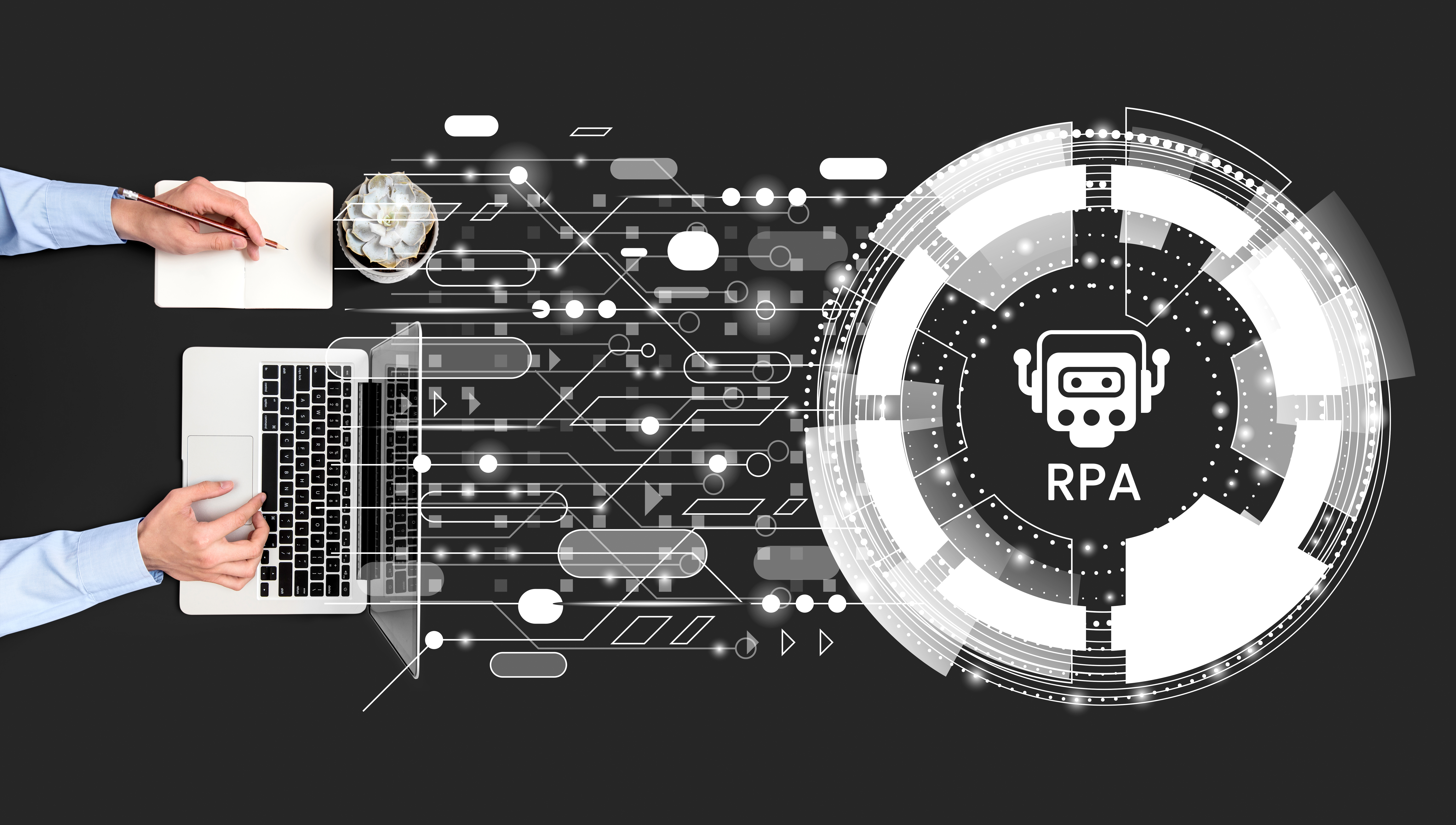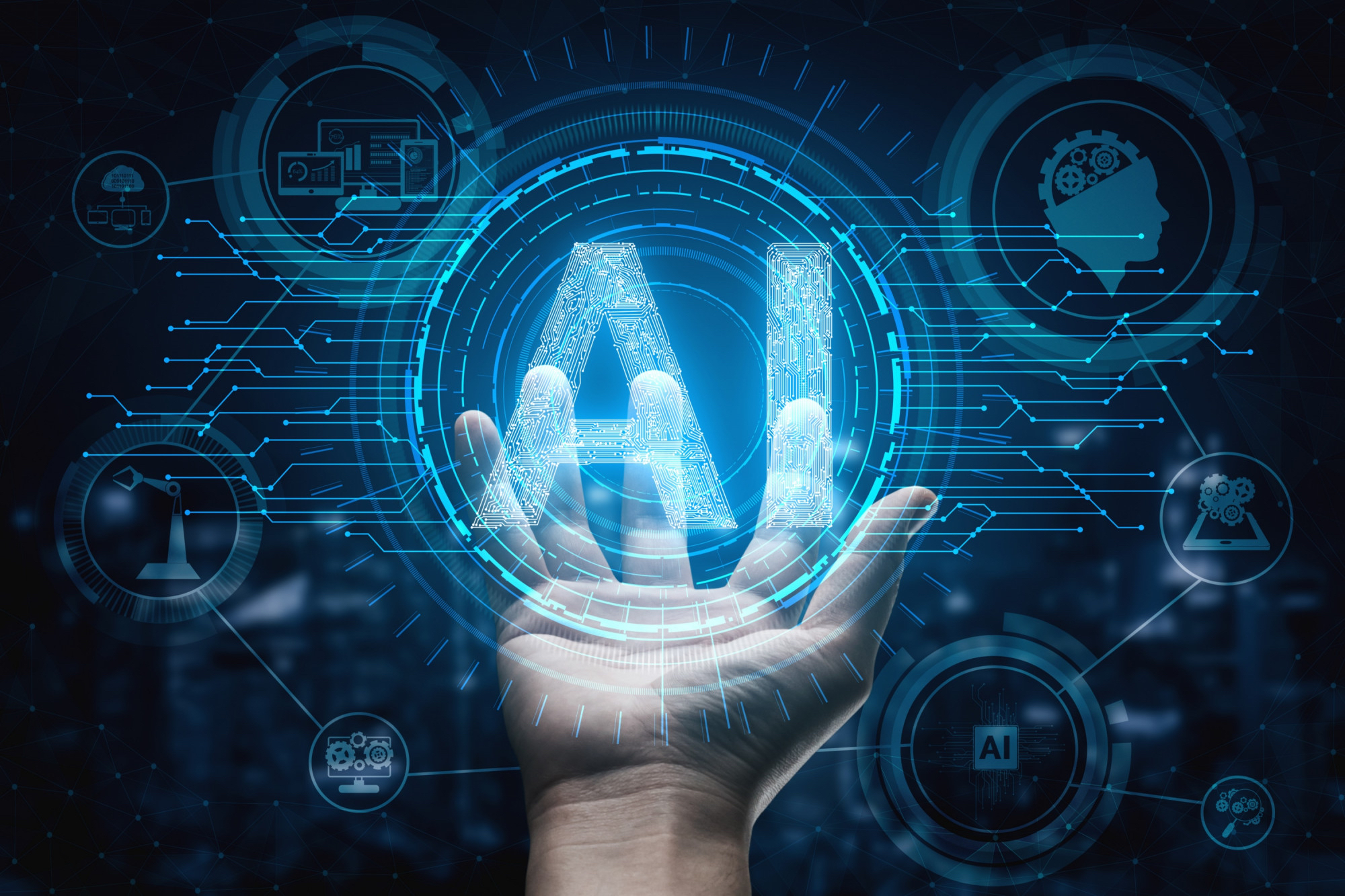Leveraging AIOps to Enhance SRE Practices
Introduction
In today’s fast-paced digital landscape, ensuring the reliability and scalability of software systems is crucial for businesses. This is where Site Reliability Engineering (SRE) comes into play. SRE combines software engineering and operations to create reliable and scalable systems. But how can we take SRE practices to the next level? The answer lies in leveraging the power of Artificial Intelligence Operations (AIOps). In this blog post, we’ll explore how AIOps can enhance SRE practices, providing real-world examples, practical tips, and the tools you need to succeed.
AIOps and Its Relevance to SRE
AIOps, the integration of Artificial Intelligence (AI) and Machine Learning (ML) into IT operations, offers a powerful toolkit to enhance SRE practices. By automating tasks, predicting and preventing incidents, and providing real-time insights, AIOps empowers SREs to take their performance to new heights.
Leveraging AI for Enhanced SRE Processes
AI can revolutionize SRE processes in several ways:
Predictive analytics: AI utilizes ML algorithms to analyze data and forecast potential incidents, enabling proactive measures to prevent downtime.
Automated incident response: AI automates incident response tasks such as triage, diagnosis, and resolution, reducing resolution times and freeing up valuable time.
Intelligent automation: Routine tasks like log analysis, resource allocation, and capacity planning can be automated with AI, allowing SREs to focus on more complex challenges.
Anomaly detection: AI detects abnormal system behavior and alerts SREs to potential issues, ensuring quick identification and resolution.
Continuous improvement: By analyzing system performance data, AI identifies areas for improvement, optimizing system reliability and efficiency.

Real-World Examples of AI-powered SRE
Let’s explore a few real-world examples of AI-powered SRE:
Netflix: Netflix uses an AI-powered tool called “Chaos Monkey” to simulate failures in its production environment, improving system reliability.
Google: Google leverages AI to predict and prevent incidents by analyzing data from various sources, enabling proactive measures.
Uber: Uber optimizes its ride-sharing system using AI, predicting demand and dynamically adjusting pricing and driver supply for maximum efficiency and reliability.
Tips for Implementing AI in SRE
Implementing AI in SRE can be a transformative journey. Consider the following tips:
Start small: Begin with a specific problem or use case that can benefit from AI, allowing for focused efforts and demonstrating its value.
Choose the right tools: Select AI tools and technologies that align with your needs, taking into account factors like ease of use, scalability, and integration capabilities.
Define clear goals: Establish clear goals and metrics for your AI implementation, measuring progress regularly and tracking performance.
Involve stakeholders: Engage stakeholders across your organization, including developers, operations teams, and business leaders, to ensure a successful implementation.
Provide training and support: Offer training and support to your SREs and stakeholders, enabling them to effectively use and leverage AI for enhanced SRE practices.
AI Tools and Technologies for SRE
Various tools and technologies can aid in AI-powered SRE:
Machine learning frameworks: Frameworks like TensorFlow and PyTorch provide powerful tools for building and training ML models.
AIOps platforms: Platforms such as Moogsoft and BigPanda automate incident management, monitoring, and analysis, streamlining SRE processes.
Log analysis tools: Tools like ELK and Splunk offer robust capabilities for analyzing log data, uncovering potential issues.
Performance monitoring tools: Real-time insights into system performance can be obtained using tools like New Relic and AppDynamics.
Cloud platforms: Leading cloud platforms like AWS and Azure offer a range of AI services, including ML models, chatbots, and virtual assistants.
Best Practices for AI-powered SRE
Consider these best practices for AI-powered SRE success:
Focus on high-value use cases: Prioritize AI efforts on use cases that can significantly impact system reliability and scalability.
Use explainable AI: Employ transparent and explainable AI models and techniques, fostering trust and enabling effective collaboration between humans and machines.
Monitor and evaluate: Regularly monitor and evaluate AI model performance, making adjustments as needed to ensure alignment with goals.
Collaborate and communicate: Foster collaboration and communication among developers, operations teams, and stakeholders to effectively leverage AI.
Continuously improve: Utilize feedback and data to identify areas for improvement, driving continuous enhancements in AI models and processes.
Overcoming Common Challenges
Implementing AI in SRE can present challenges, but they can be overcome:
Lack of expertise: Partner with external experts or provide training opportunities to upskill SREs in AI techniques and methodologies.
Data quality and availability: Invest in data quality initiatives, ensuring structured and consistent data collection and storage.
Integration with existing systems: Leverage AIops platforms designed for seamless integration with a variety of systems and tools.
Resistance to change: Educate stakeholders on the benefits of AI, involve them in the implementation process, and address concerns to foster acceptance and collaboration.
The Future of AI in SRE
The future of AI in SRE is promising, with several exciting developments on the horizon:
Explainable AI: Transparent AI models and techniques will build trust, enabling effective collaboration between humans and machines.
Automated decision-making: Continued advancements in AI will drive increased use of automated decision-making in SRE, requiring ethical considerations and ongoing monitoring.
Augmented intelligence: AI will further augment human decision-making and problem-solving, enabling SREs to make faster, more informed decisions.
In conclusion, leveraging AIOps to enhance SRE practices brings a new dimension to system reliability and scalability. By automating routine tasks, predicting and preventing incidents, and providing real-time insights, AI empowers SREs to focus on higher-value initiatives, delivering improved outcomes. To implement AI-powered SRE effectively, start small, choose the right tools, involve stakeholders, and provide necessary training and support. With AI as your ally, you can look forward to even more reliable and scalable software systems, propelling your business to greater heights.





